Roche announced U.S. Food and Drug Administration (FDA) approval of expanded claims for the cobas EGFR Mutation Test v2 as a companion diagnostic (CDx) for a broad group of therapies in the treatment of non-small cell lung cancer (NSCLC). This claim expansion allows the test to be used as a CDx for all five currently FDA-approved epidermal growth factor receptor (EGFR) tyrosine kinase inhibitor (TKI) therapies targeting EGFR mutations L858R and Exon 19 Deletions in accordance with the approved therapeutic product labelling. The group claim will also enable the test to be used as a CDx for any future approved EGFR TKI therapies targeting the same mutations, without the need to conduct individual clinical studies with the test for each new therapy.
"Clinicians can now have greater confidence in the robustness, reliability and proven clinical utility of the cobas EGFR Mutation Test v2 when evaluating lung cancer patients who may benefit from targeted EGFR TKI therapies," said Neil Gunn, Head of Roche Sequencing Solutions. "By approving a single test for a broad group of therapies, this new and innovative approach by the FDA[3] can pave the way for future EGFR TKI therapies to utilise the cobas EGFR Mutation Test v2 to help identify patients for personalised medicine."
The cobas EGFR Mutation Test v2 is a real-time polymerase chain reaction (PCR) test for the qualitative detection of defined mutations of the epidermal growth factor receptor (EGFR) gene in non-small cell lung cancer (NSCLC) patients. Defined EGFR mutations are detected using DNA isolated from formalin-fixed paraffin-embedded tumour tissue (FFPET) or circulating tumour DNA (ctDNA) from plasma derived from ethylenediaminetetraacetic acid (EDTA) anti-coagulated peripheral whole blood.
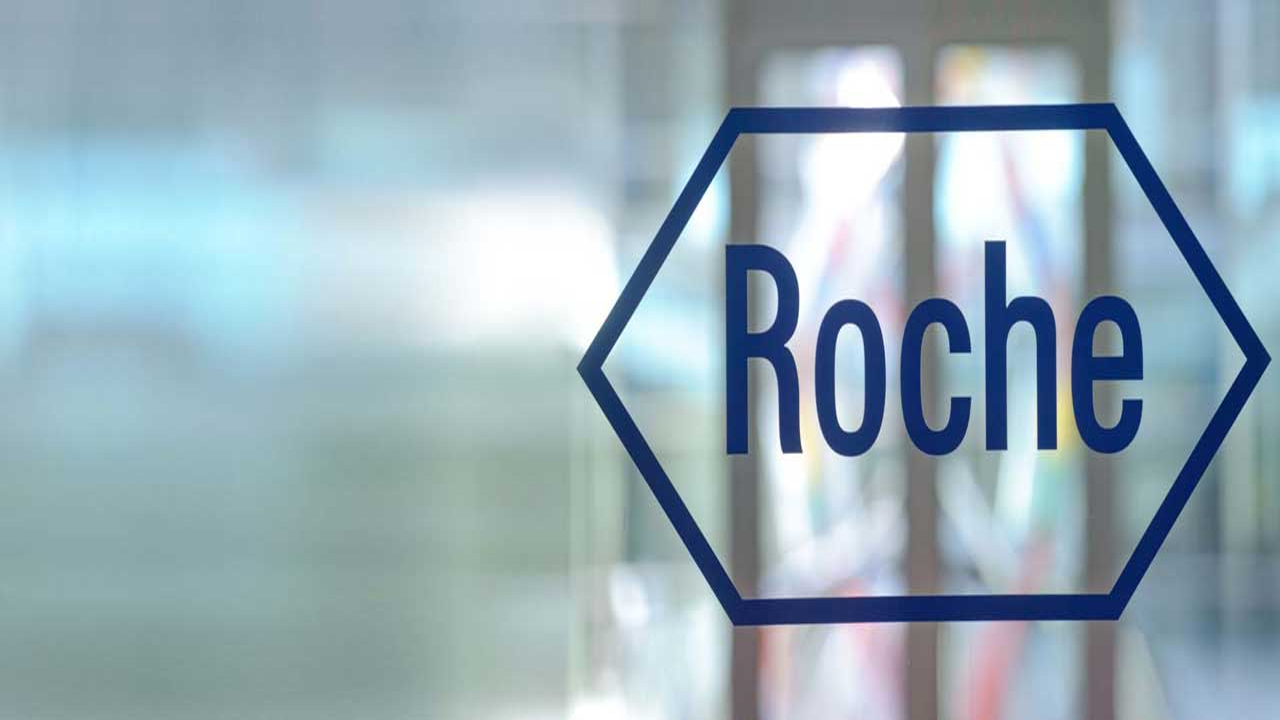
 Roche receives FDA approval for the cobas EGFR mutation test v2 as the first companion diagnostic test for expanded EGFR TKI therapies in patients with non-small cell lung cancer
Roche receives FDA approval for the cobas EGFR mutation test v2 as the first companion diagnostic test for expanded EGFR TKI therapies in patients with non-small cell lung cancer






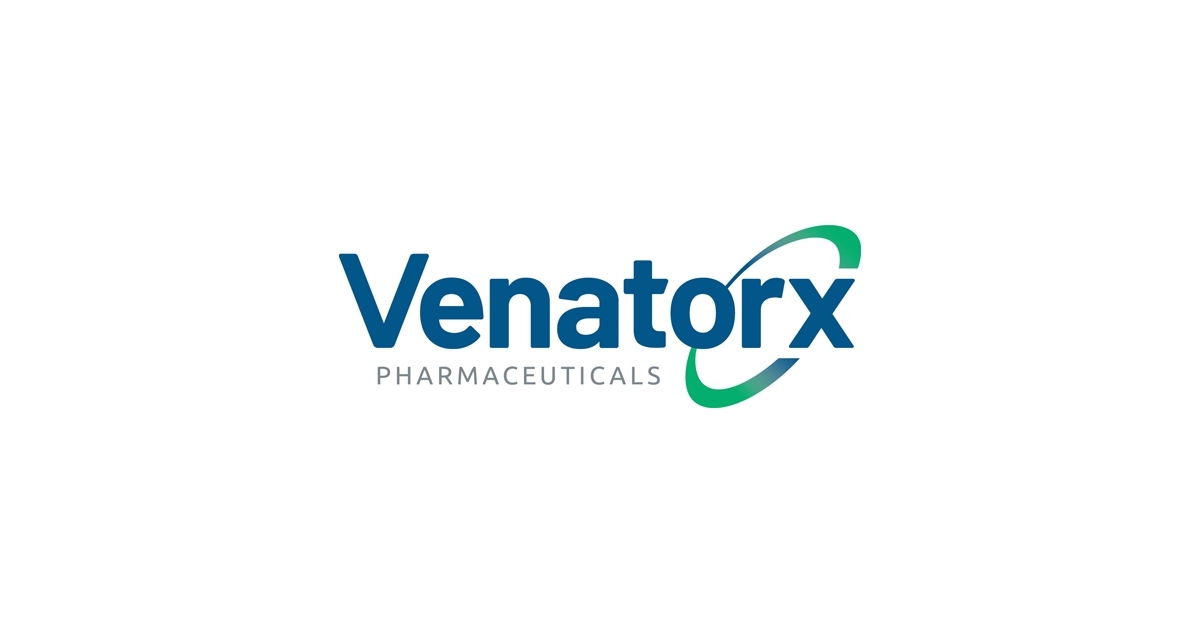

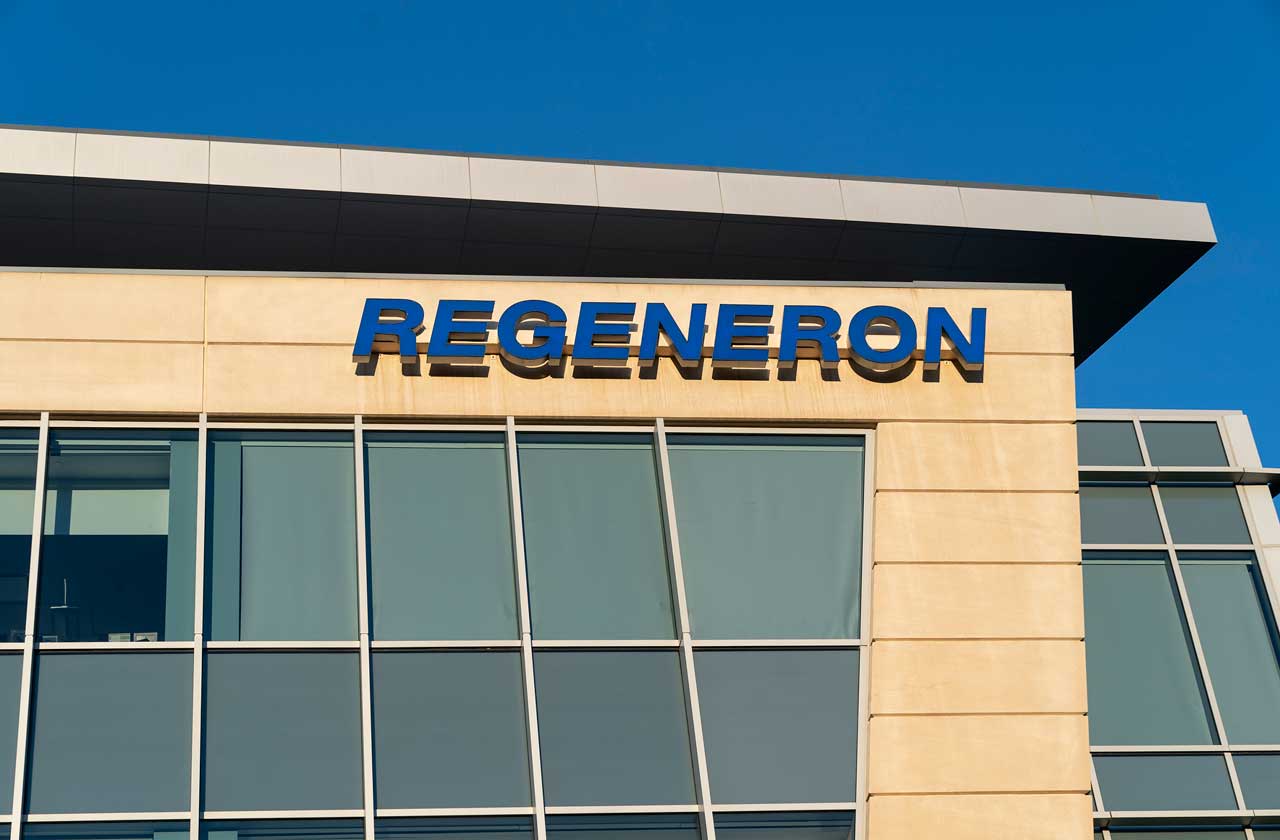
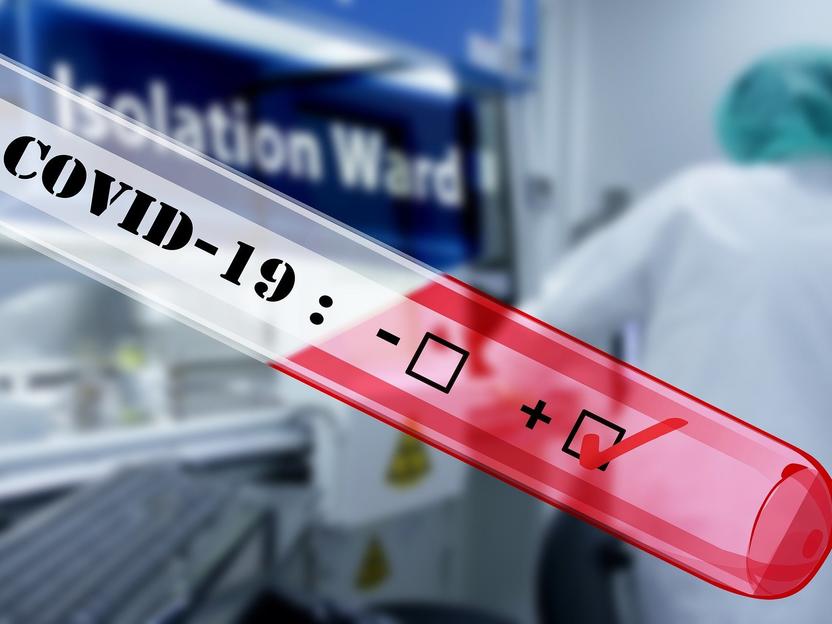
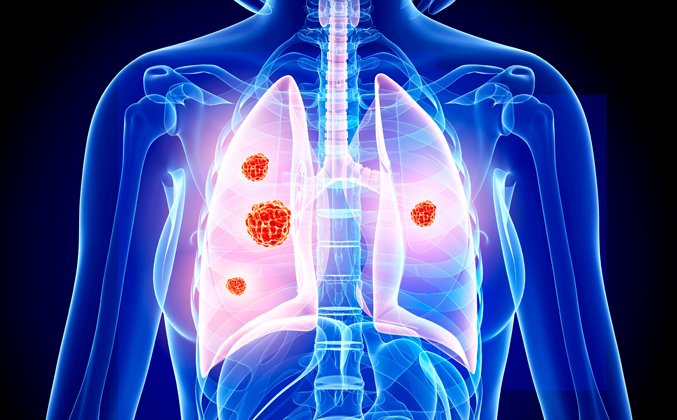
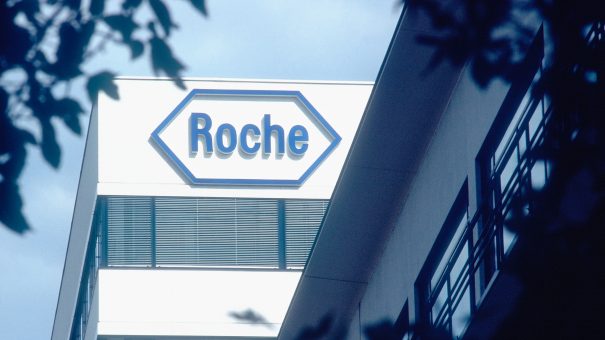
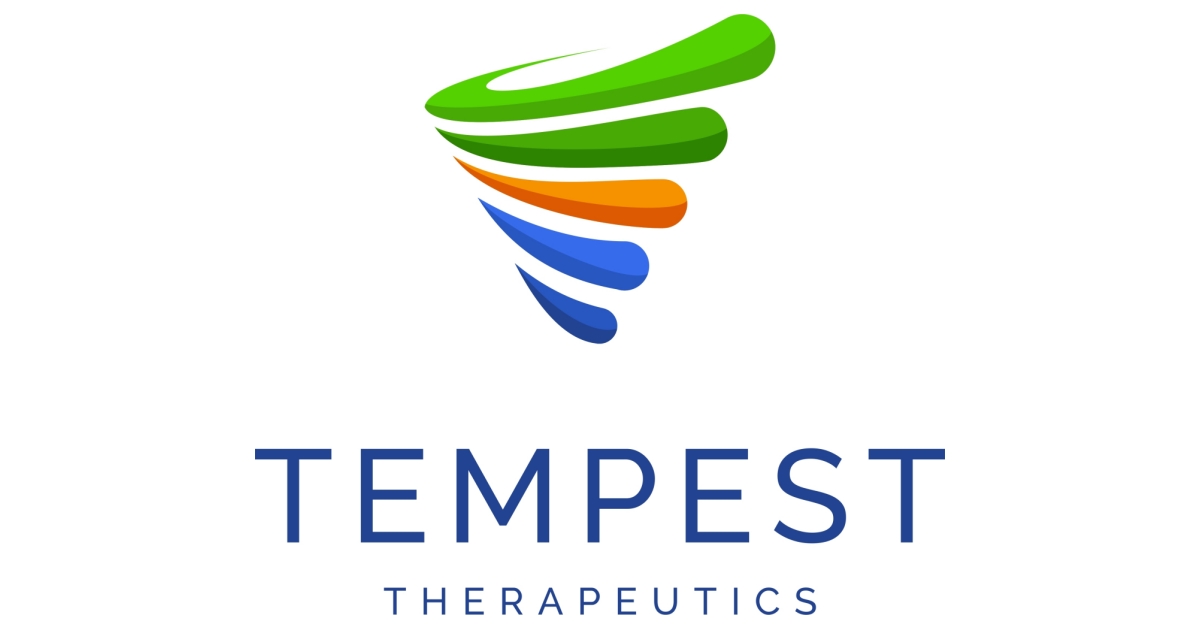
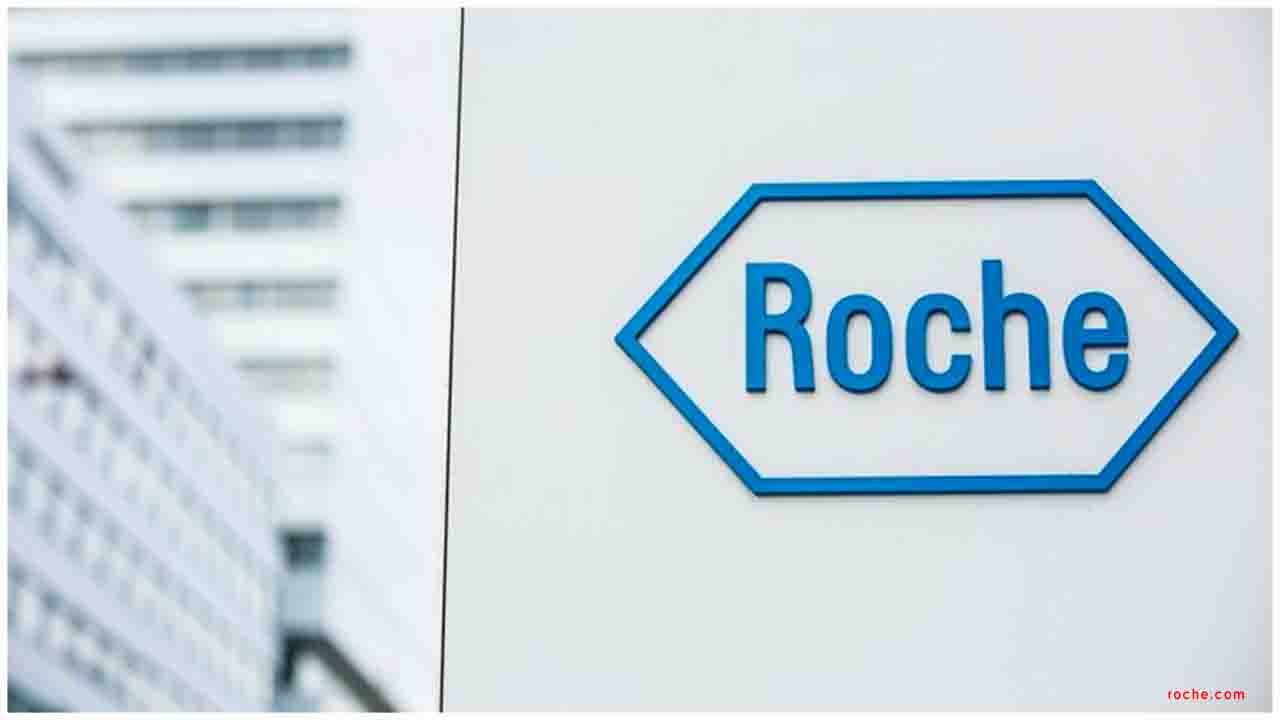
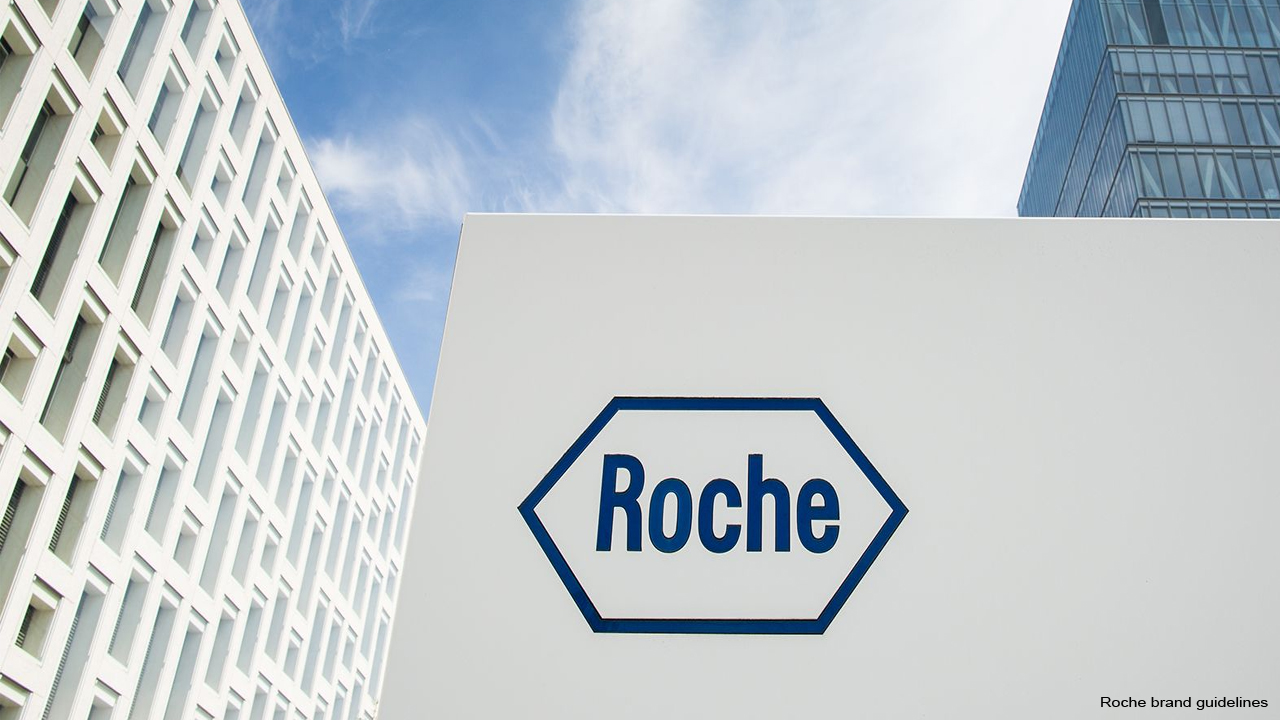
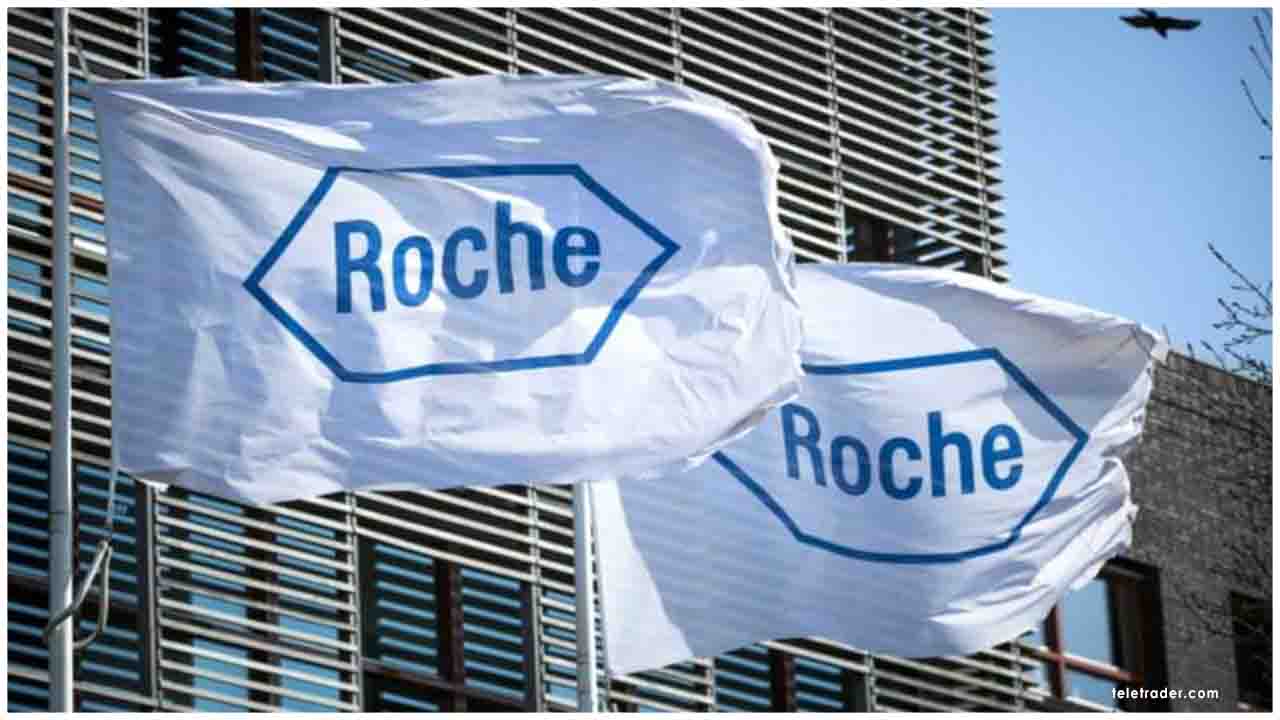





.jpeg)

.jpeg)










.jpg)




.jpg)

